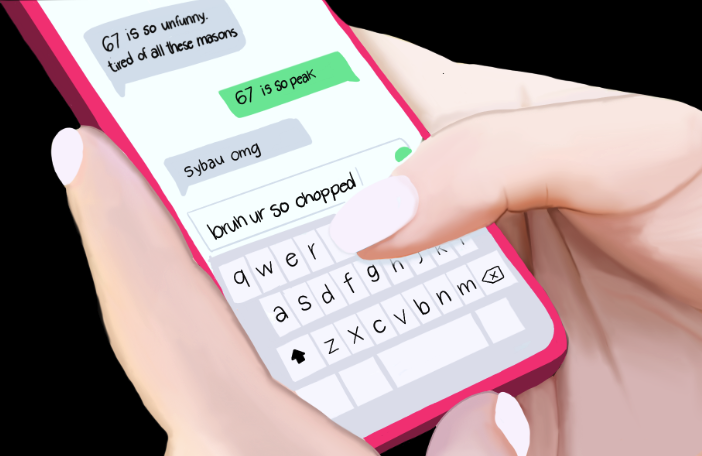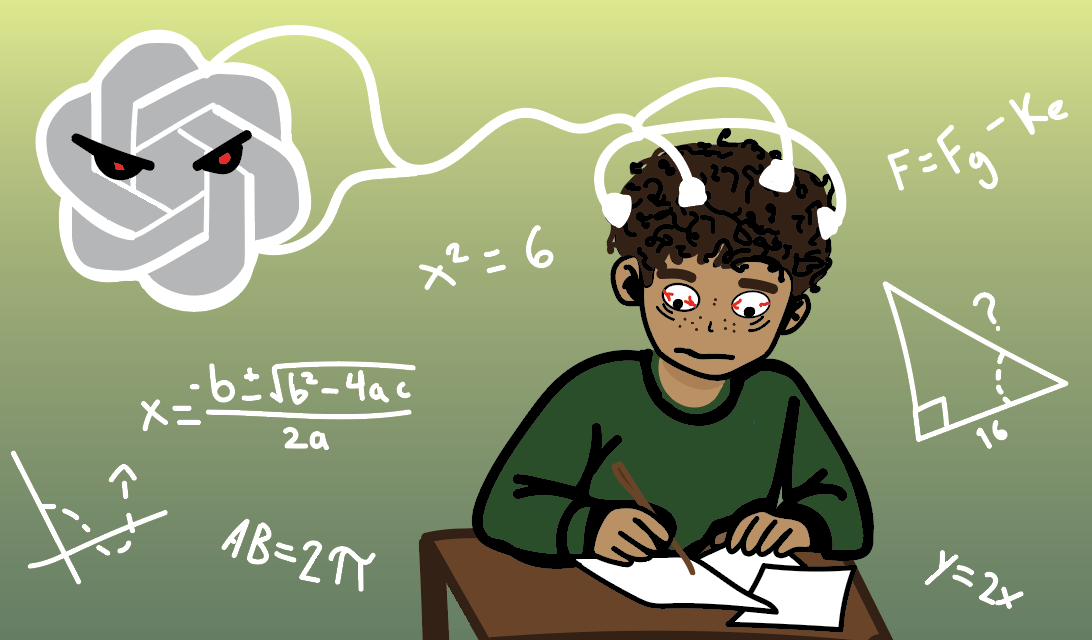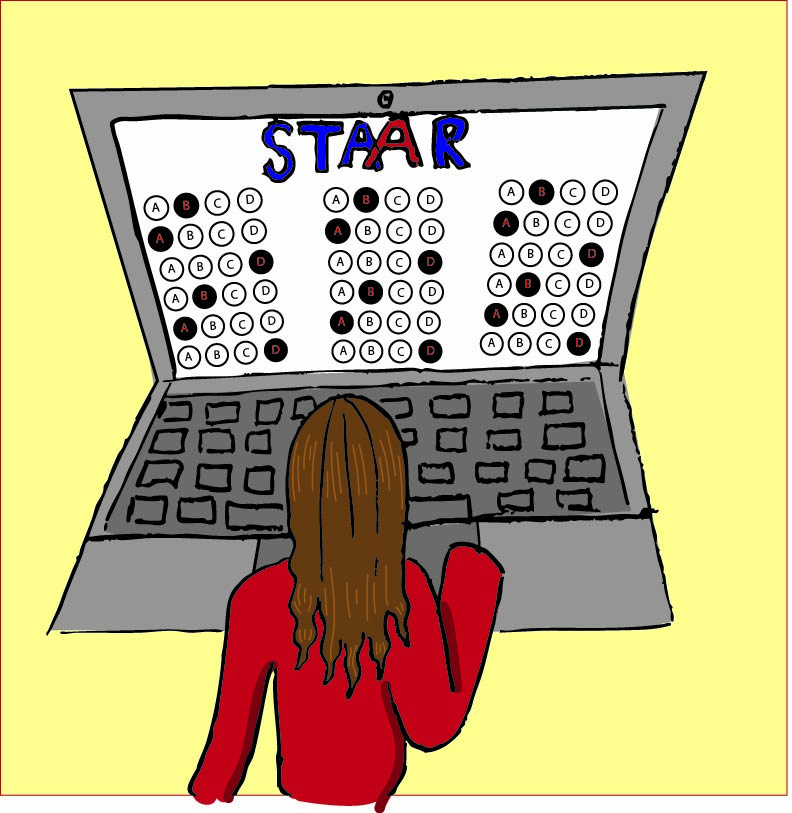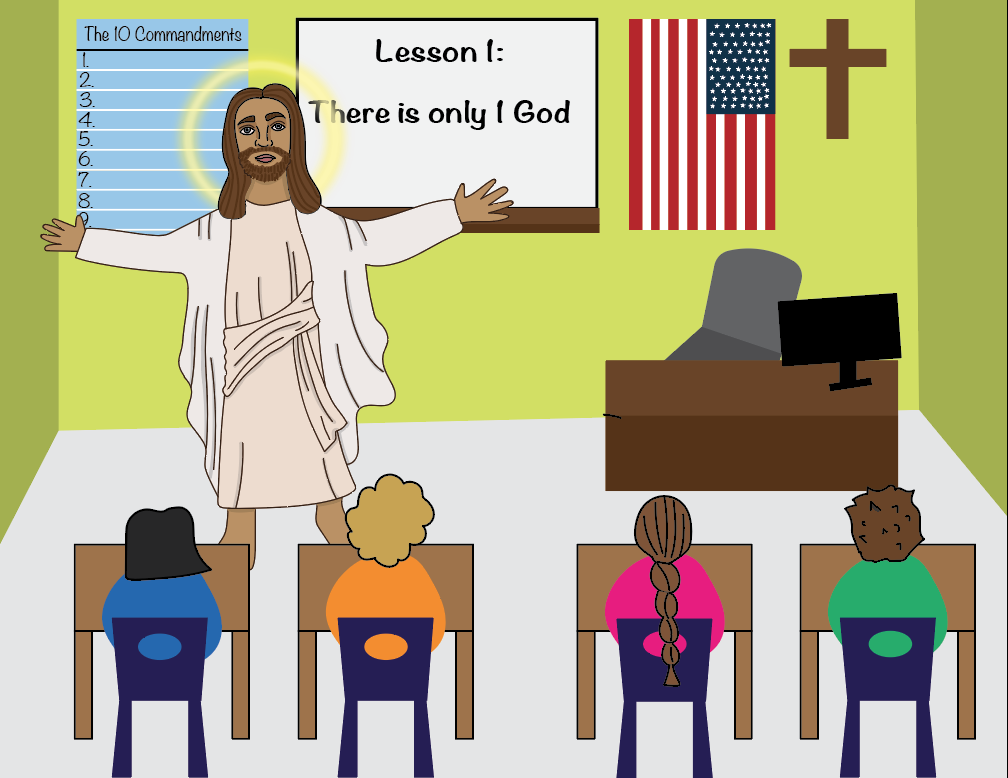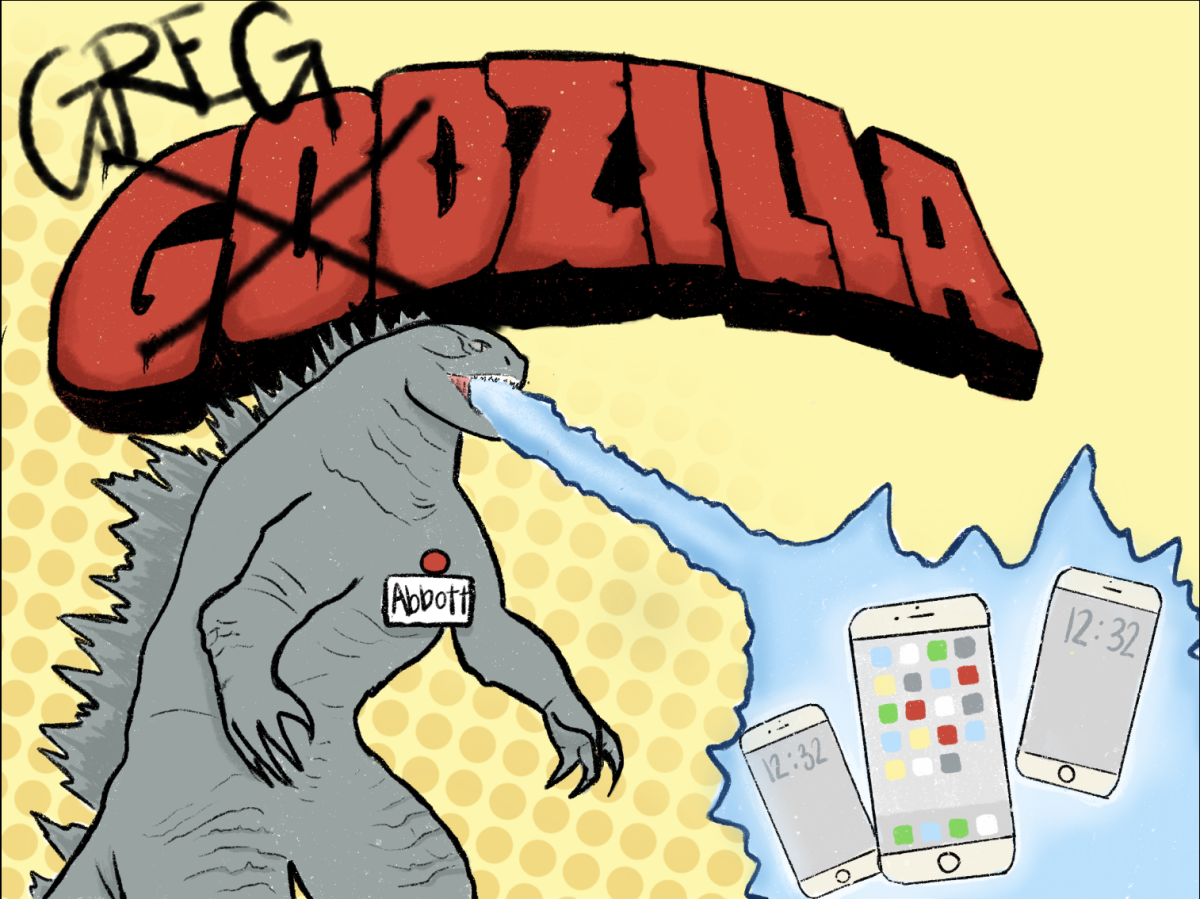One, Two, Three, Four, Five…. Six, Seven. Sometimes a phrase exists to be stupid. It holds weight in a community by being an illogical phrase that is confusing in every sense of the English language, but it’s funny. Funny to the community it resides in, at least. Everyone else is scrunching their eyebrows in confusion and sheepishly pulling out their phones to look up “what does six-seven mean, and why does my Gen Z kid keep saying it?”
The world we live in is a sad and dark one, but it has always been, but the difference between Gen Z and those born before lies in the fact that Gen Z is the first generation to be fully immersed in a world with social media. You could be trying to decompress after a long day by going on social media, but instead, you become anxious about a financial crisis, climate change, political crisis, and wars. And I’m not saying that being informed is a negative thing; I’m just highlighting the fact that Gen Z tends to get overwhelmed by news, making them too anxious to do anything productive. Because of this, I believe that Gen Z’s confusing phrases with hollow meanings expresses the generational fear that this future is a bleak one, with no control to change that fact.
You can control the things you say, so why not make it funny? There is comfort in knowing you have a community that laughs at stupid phrases like one big inside joke or maybe one big cry for help. Gen Z is anxious, scared, tired, as well as a little apathetic, and their language expresses that.
Let’s talk about romance, the fuel that powers the gears of love, empathy, and hope in the human heart. More specifically, let’s talk about how romance is dead and how Gen Z slang reflects the vanity of relationships today.
It’s strange, but two people who both like each other romantically will describe their relationship as a “talking stage,” with the reason being they’ve only ever talked. It makes more sense to just say that you’re two friends who are incapable of communicating that they want a sustainable relationship, but saying “talking stage” is quicker. When will they go on a date? Probably never, this description allows a relationship to only exist in a stationary state, preventing the connection from flourishing into love, just like all the labels Gen Z uses for a relationship: three-month stage, honeymoon stage, situationship.
There is no issue in categorizing your relationship. When everyone in Gen Z seems to be afraid of putting a label on it, the most logical thing to do is create more labels that are less intimidating and a little silly to make sense of your connection. I believe that when people use these slang words for their relationships, the underlying meaning is understood by all of Gen Z. Although there is irony in this, there is also an understanding within the generation that it’s scary to be vulnerable with someone, resulting in the vain language and lack of substance in a relationship. So, that is why I won’t judge someone’s situationship too harshly.
And if we looked at our relationship, this one-sided longing of connection between the writer and their reader, who, in all honesty, probably just skimmed the page, I’d say I’m “love bombing” you with my infectious words to manipulate you into reading more. Makes sense, right?
But “it’s really not that deep,” the world will keep on spinning if your talking stage ghosted you because your relationship hit the three-month deadline for teenage love. I’ve never written a more vacuous sentence in my life, and I doubt you ever read one either. Gen Z has the unfavorable habit of taking a situation that should be treated with empathy and being completely apathetic.
Gen Z says phrases like “it’s not that deep” in response to a traumatic, pitiful, or maybe an accusatory situation. As a teenager, I am confused as to why apathy is trending, but my guess is that minimizing an emotion, yours or someone else’s, takes away the pressure to deal with the problem. You don’t have to comfort a person if the situation wasn’t that deep, you don’t have to give your advice if what they did wasn’t that deep, you don’t have to apologize to someone if it wasn’t that deep.
Gen Z is desensitized to tragedy; they see it every day on social media. This numbness towards serious situations has created a lack of empathy for people because whatever they’re going through pales in comparison to whatever was on the news this morning. And let’s be “for real,” our earth is on fire, and our kids won’t know what a polar bear is, you getting ghosted is just not “that deep.”
Gen Z slang, with all its flaws, reflects how a generation’s culture is a direct response to the society surrounding them. This is a pattern in every society, but Gen Z slang demonstrates the lack of hope for the future that social media created for young adults and teens. Simultaneously, proving that connection allows for a community to thrive, and for Gen Z, their connection is fused with their nonsensical slang. Did you “eat” this article up or what?



